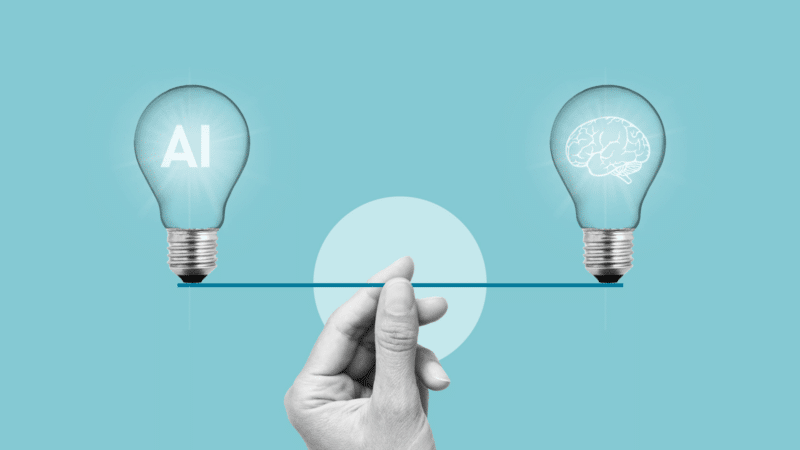
The Transformative Impact of Generative AI on SEO
In an era where digital marketing is incessantly evolving, the role of Search Engine Optimization (SEO) is undergoing a significant transformation, largely due to the rise of Generative AI. As businesses strive to stay ahead of the competition, understanding how AI can revolutionize workflows and drive efficiency has become paramount.
Time Efficiency: A Game-Changer for SEO Professionals
One of the most compelling aspects of Generative AI is its ability to drastically reduce the time spent on repetitive SEO tasks. From generating meta descriptions to drafting engaging content, AI tools have expedited processes that traditionally consumed hours or even days. For example, BulkGPT empowers SEO teams to efficiently create optimized titles and meta descriptions across numerous URLs, cutting down workflow time from over twelve hours to merely four. Such efficiency allows teams to focus more on strategic initiatives rather than mundane tasks.
Cost-Effective Solutions: The ROI of AI in SEO
While the cost of AI tools can be a consideration, the hidden returns often outweigh the initial subscription fees. By automating labor-intensive tasks, teams can achieve significant time savings, translating into cost efficiencies without the need for additional hires. This presents an opportunity for smaller SEO teams to maintain high productivity levels while managing tighter budgets.
Resource Conservation: Streamlining Workloads
Furthermore, Generative AI provides smaller SEO teams with a powerful ally in optimizing workloads. As routine tasks become automated, team members can redirect their energies towards high-value projects that require strategic thinking and creativity. This shift not only enhances productivity but also fosters a more dynamic work environment where innovation can thrive.
Diverse Use Cases in SEO
The versatility of AI in SEO extends to various use cases. For instance, AI tools can assist in content creation, where the initial drafting is handled by AI, allowing human editors to focus on enhancing and personalizing the content. This ensures that the output meets Google’s quality standards while expediting the content creation process. Additionally, tools like Keyword Insights efficiently automate keyword gathering and analysis, allowing for quicker clustering and impactful decision-making.
Recognizing the Limitations of AI
Despite the numerous advantages AI brings, it is important to acknowledge its limitations. Inaccurate data and the possibility for misleading information necessitate a layer of human oversight. For example, tools such as Gemini have previously generated incorrect insights regarding page speeds and algorithm updates. Therefore, while AI can augment SEO practices, human expertise remains crucial for ensuring accuracy and quality.
Conclusion: The Need for a Balanced Approach
In conclusion, the integration of Generative AI into SEO workflows marks a significant leap towards efficiency and resource optimization. As the industry adapts to these technological advancements, it becomes clear that leveraging AI can enhance productivity yet requires a balanced approach with human oversight to maintain quality. By strategically incorporating AI capabilities, businesses can maximize their SEO efforts for better performance and measurable results.
Moreover, looking at how AI intersects with tools like URL shorteners and link management systems is essential. These integrations can further streamline SEO processes by enhancing link tracking and optimizing user engagement, crucial for digital marketing success.
Incorporating AI into the SEO landscape is not just a trend; it’s an essential evolution that, when embraced with care, can significantly amplify the efficacy of marketing strategies.
Industry Tags:
#BitIgniter #LinksGPT #UrlExpander #UrlShortener #SEO #DigitalMarketing #ContentMarketing
Want to know more: Read more

